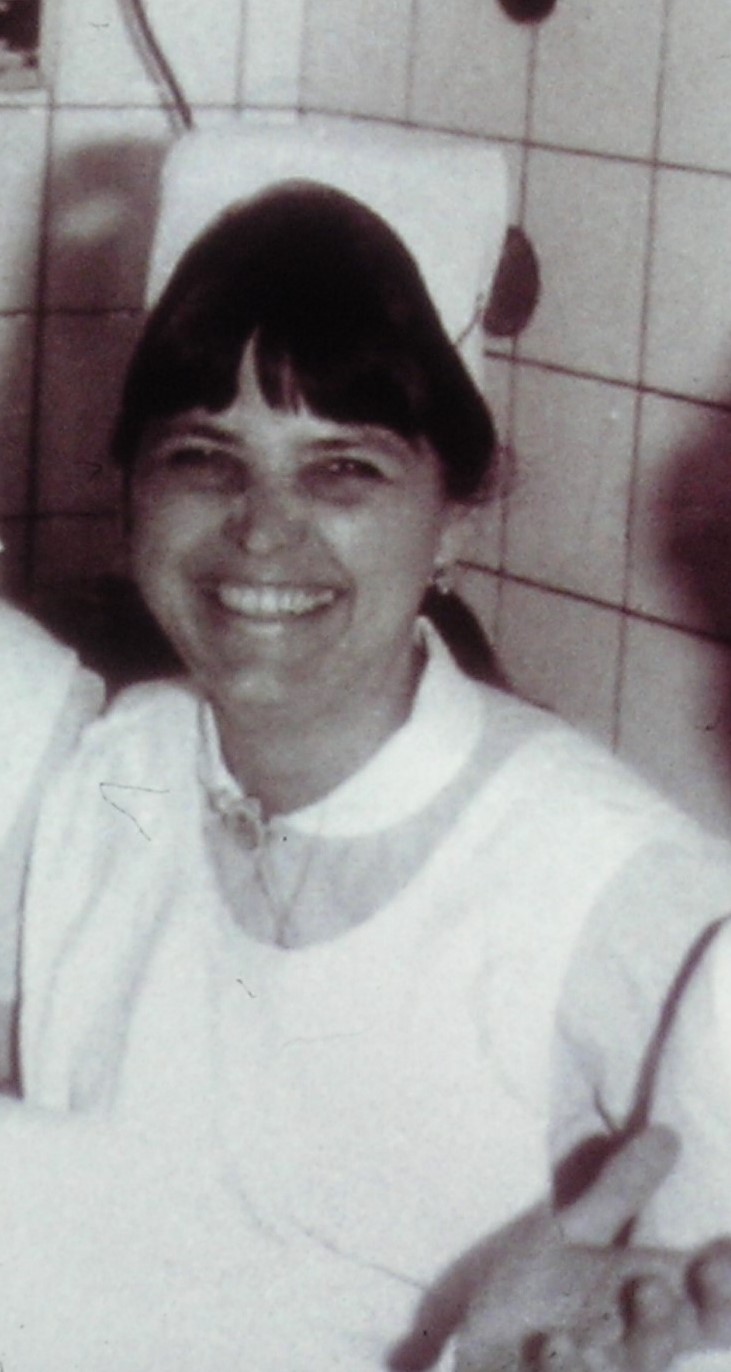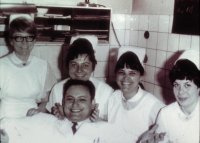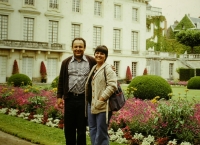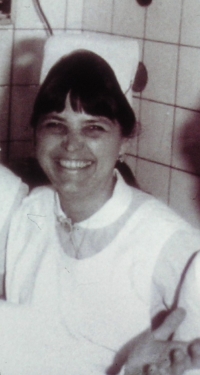Internal medicine was my destiny; my husband became a professor even without being in the party

Stáhnout obrázek
Marcela Klenerová was born on 27 June 1946 in Řepy near Prague. Her paternal grandfather František Pošta was a Russian legionnaire. She graduated from the Secondary Medical School in Kladno and in 1964 she joined the internal medicine department at the General University Hospital on Charles Square, where she met her future husband, Professor Pavel Klener. In August 1968, due to the state of emergency, she spent a whole week on duty at the University Hospital. In 1971 she married Pavel Klener and they had a daughter Veronika and a son Pavel. In 1989 Pavel Klener became Minister of Health for the Civic Forum and Marcela Klenerová met Olga Havel. She became one of the founding members of the Committee of Good Will. She was active in it until 1996. She worked all her life in the health sector, and after retirement she began to study art at the University of the Third Age. In 2024 she lived in Prague.


